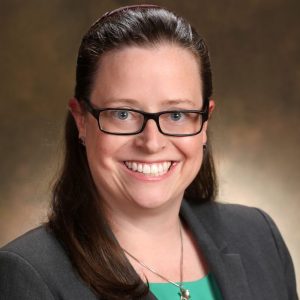Sometime in our childhoods, many of us got the message that we should not ask too many questions; that we should accept what we are told and not bother people with our questions. As a Jewish educator, I find that I spend a lot of time trying to reverse that message. Because in fact, asking questions is a Jewish act; wrestling with tradition and how it applies to us is at the very core of what it means to be a Jew.
Rabbi Arthur Green describes Judaism as “a process of ongoing commentary.” After all, much of Jewish literature is made up of rabbis posing questions and debating possible answers. That back-and-forth of questions and answers never stopped: Each new generation of Jews builds on the wisdom of the past by posing new questions and considering new answers. We cannot live active Jewish lives unless we question how to apply our ancient traditions to our constantly evolving modern reality.
Judaism’s emphasis on asking questions seems to throw some people off. Sometimes it is because they assume there is a single “correct” answer. Other times, they are frustrated that Judaism is not more directive. Instead, Judaism urges each of us to ask questions and to wade into the sea of possible answers. On the other side, we may still lack a clear answer to our question, but have gained knowledge and ideas from the exercise of asking it. Rabbi Green writes, “As we struggle to add to tradition, to reshape it for each new generation, the text is also given a chance at reshaping us, at making a real demand on the way we think and live.”
Passover is the ultimate example of the Jewish love for questions. While the 4 questions are always included in a Haggadah and traditionally recited by the youngest person present, the entire ritual of a seder serves to elicit questions from all the participants through the use of rich symbolism and the act of imagining ourselves in the story. In order to feel as if we are ourselves escaped from Egypt we have to be willing to ask questions about how we would have behaved and reacted as slaves on the edge of freedom.
One might define faith as being sure about a belief or possessing confidence that one knows the right answer. Perhaps a way of defining Jewish faith is demonstrating a commitment to the act of continually questioning and considering – seeking answers but knowing there will always be more questions.
This year, may Passover give us each permission to voice the questions in our hearts and engage in the discovery of possible answers.




